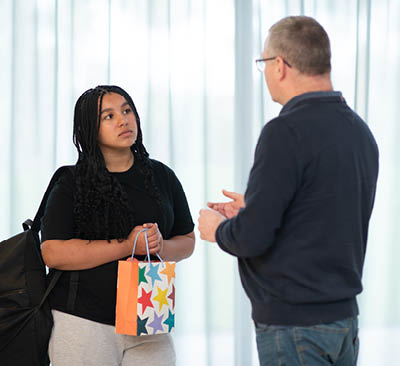Key findings
The latest National Child Health Poll from The Royal Children’s Hospital investigated the level of concern that Australian parents have about peer pressure for their teens, as well as alcohol and substance use.
Key findings include:
- Peer pressure is a leading concern for parents when it comes to the health and wellbeing of their teens, with four in five (80%) expressing worries about peer pressure in general
- Over half (57%) of parents are concerned about peer pressure and alcohol or substance use for their teens
- While most parents have talked about alcohol and substance use with their teens, one in four parents have never discussed these issues
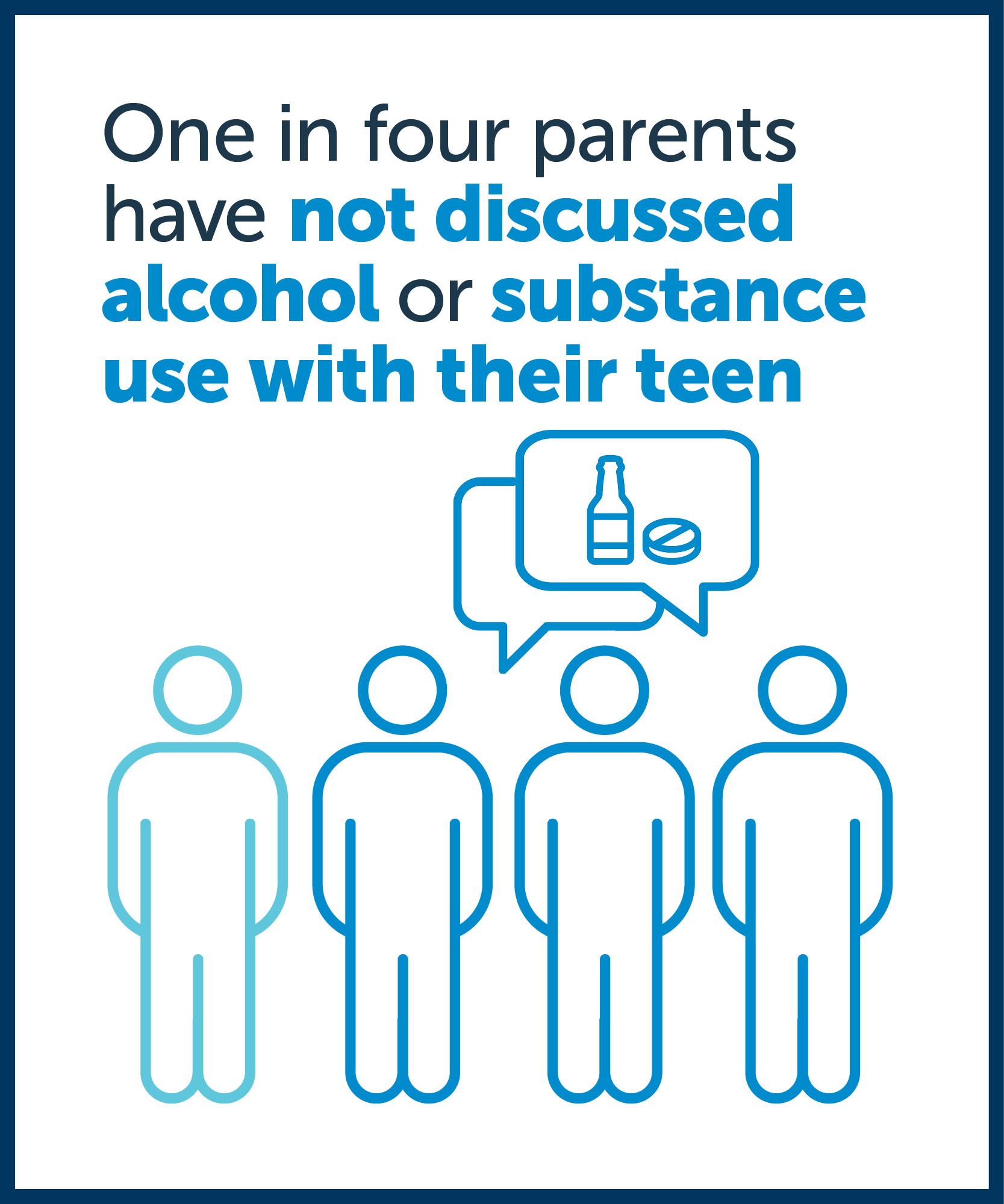
Poll report
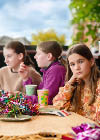
The latest National Child Health Poll found that most Australian parents (80%) report being concerned about peer pressure for one or more of their teenage children, with 57% of parents ‘somewhat concerned’ and 23% ‘very concerned’. A majority of parents (57%) are specifically concerned about peer pressure and alcohol or substance use among teens. While peer relationships play an essential role in the development of children and young people, peer influence can also extend to risk-taking.
Download the report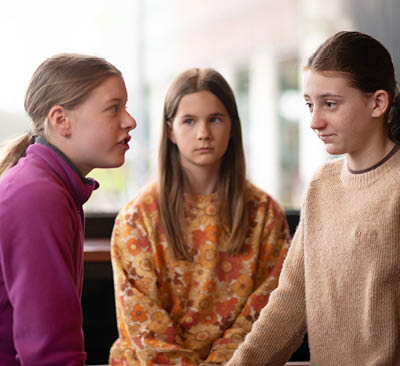
Poll questions

The poll surveyed 923 parents in September 2023, who provided data on 1160 children aged between 13 and 17 years.
Download the questions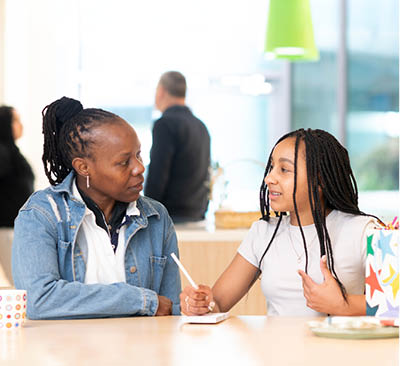
In the news
Herald Sun: Dr Anthea Rhodes shares tips on how to keep your kids safe at schoolies
The Australian: ‘Test the waters’: Pediatricians call on parents to let go of peer pressure fears
Channel 9 Today Show: New poll finds peer pressure the number one concern parents have for their kids
Channel 7 News Melbourne: Peer pressure problem: 80% of parents worried about teen influence
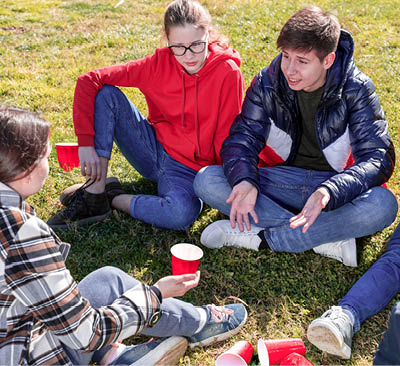
Information for parents
The Royal Children’s Hospital Kids Health Info fact sheet on risk-taking in teens has information to help parents to recognise what risk-taking looks and understand why this is a common part of adolescent development. The fact sheet also let’s parents know what risks might be healthy for their teen to take and the role that peer pressure can play in this.
Talking to your teen about risky situations is a great way to prepare them for their journey ahead. Young people are naturally curious; this stage of life is all about learning and experimenting.
Key points to remember:
- Taking risks is a normal part of growing up.
- Teens and young people take risks for many reasons, from curiosity to seeking peer friendship and inclusion.
- Your child is more likely to take risks if their peers do.
- Risk-taking is not always bad; the key is to watch for warning signs of dangerous risks.
- Pick a relaxed time and place to talk with your child about risk-taking.
- Encourage your child to take positive risks, such as starting a new hobby or sport.
